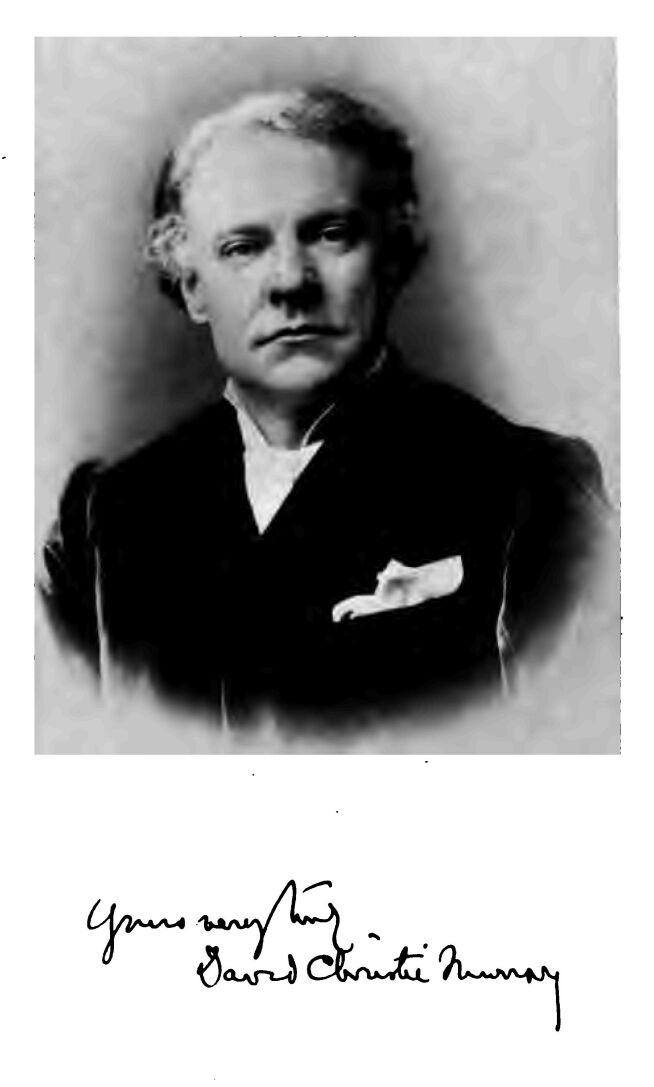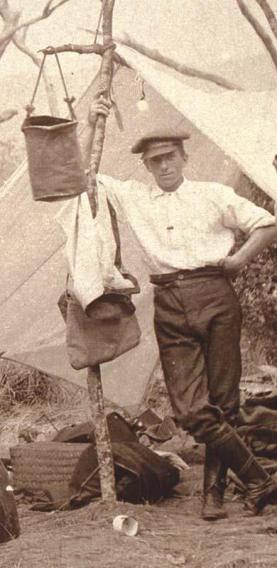Thomas Revel Johnson (1817-1863) was a surgeon and journalist who published the The Satirist and Sporting Chronicle (1843), Bell’s Life in Sydney and Sporting Reviewer (1845) and the Sunday Times (1849).
Born in Ireland, he graduated as a surgeon from the University of Dublin and arrived in Australia in 1841. Two years later, he married Harriet Willmot. At the time of his death, he had eight surviving children.
Like Argles’ (Argyles; Harold Grey), Revel Johnson’s satire attracted libel claims in litigious colonial Australia, resulting in a two-year jail sentence. Undeterred, he launched the weekly Bell’s Life in Sydney and Sporting Reviewer in 1845, with George Pickering joining in 1847.
The first Bell’s Life, published on January 4, 1845, mixed gossipy sporting and racing news with features on fox hunting and boxing. Revel Johnson published Bell’s Life for three years then sold the publication after being sued for libel once more in 1848.
The following year, he launched the Sunday Times, which is described by the National Library of Australian Newspaper Plan 1802-1900 as the first designated Sunday newspaper in Australia. Typical of many colonial publications, it only ran for a few issues before closure. Bell’s Life announced his death in 1863, paying homage to Revel Johnson’s founding of the paper and “thundering satire”.
Representative Articles:
- The Councillor Hauled Over the Coals or Special Pleading by a Publican, Satirist and Sporting Chronicle, 4 February, 1843
- The King, Bell’s Life in Sydney and Sporting Reviewer, 4 January, 1845
Obituary:
- “The Late Mr Thomas Revel Johnson”, Bell’s Life in Sydney and Sporting Chronicle, 1 August 1863

